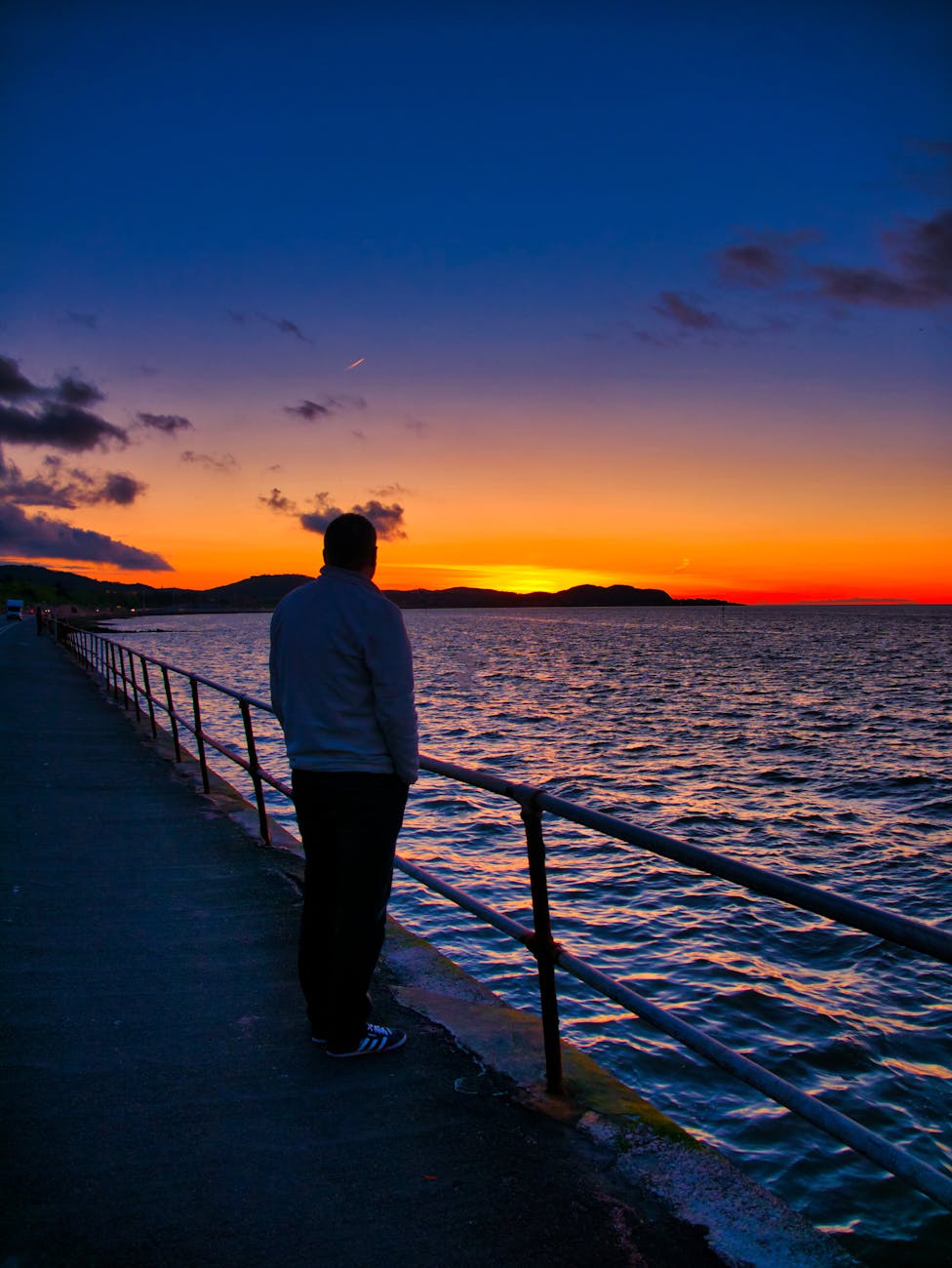Off-the-grid destinations offer the raw beauty and solitude most travelers dream of — but exploring remote places comes with real risks. Whether you’re hiking solo through national parks, visiting off-the-map villages, or island-hopping in the Pacific, safety must come first.
This practical guide shares smart adventure safety tips to help you stay safe while traveling in remote and undiscovered locations — and still enjoy the thrill of discovery.
🌍 1. Research Like a Pro — Not Just a Tourist
Before you head off-grid, know exactly what you’re heading into.
What to check:
- Accessibility (road conditions, ferry schedules, trail closures)
- Nearest medical facility or emergency services
- Mobile service and connectivity gaps
- Local customs, dress codes, and laws
- Travel advisories from official sources + traveler forums
🧭 Download local offline maps and safety info ahead of time.
📍 2. Share Your Itinerary — and Stick to It
Even experienced travelers can disappear without a trace. Avoid that.
Tell someone:
- Your route + daily destinations
- Accommodations + guide contact info
- Return date + “check-in” schedule
- Emergency contact protocols
📱 Use GPS tracking tools like Life360, Garmin inReach, or Find My.
🧳 3. Pack for Total Self-Sufficiency
When there are no stores or signals, you need to carry your essentials.
Must-pack items:
- First aid kit (with meds + blister care)
- Water filter (LifeStraw, Sawyer, or tablets)
- Emergency food (protein bars, trail mix)
- Power bank + backup battery
- Flashlight or headlamp + extra batteries
- Multi-tool, fire starter, whistle
- Printed copies of routes, permits, and contacts
🎒 Lightweight doesn’t mean unprepared.
🛰️ 4. Use the Right Off-Grid Technology
Modern tools can save your life — if you bring the right ones.
Essential tech:
- Offline maps (Maps.me, Gaia GPS, AllTrails)
- Satellite communicator (Garmin inReach, ZOLEO)
- Personal locator beacon (PLB)
- Compass + paper map (always as a backup)
⚙️ Know how to use your gear before you leave civilization.
🥾 5. Know and Respect Your Limits
Remote = no quick rescue. Don’t overestimate your abilities.
- Choose trails or routes that match your fitness and experience
- Build in rest time and buffer days
- Turn back if the trail, weather, or your body tells you to
- Acclimatize if hiking at high altitudes
🧠 Smart = strong. Ego = dangerous.
🐾 6. Be Wildlife and Terrain Aware
In the wilderness, you’re the visitor.
Respect the environment:
- Never feed or approach wild animals
- Store food properly — use bear canisters if needed
- Know what to do around snakes, insects, or predators
- Stick to trails or paths when available
- Leave no trace — always pack out what you pack in
🌿 Your safety is linked to your respect for nature.
💧 7. Prepare for Water, Weather, and Waste
In remote places, the basics can make or break your trip.
Always:
- Carry at least 2L of water + a way to purify more
- Dress in layers for sun, rain, wind, and chill
- Bring a rain shell and UV protection
- Pack out all waste — yes, even TP
- Follow local rules for campfires and backcountry camping
🌦️ Nature rewards respect — and punishes neglect.
🤝 8. Connect with Locals — But Be Respectful
In small, remote communities, you are not anonymous — you are seen.
- Learn key local phrases
- Ask before taking photos
- Dress modestly when in doubt
- Support local guides and small businesses
- Be mindful of your cultural footprint
🌍 Your behavior shapes future travelers’ welcome.
📑 9. Build a Solid Emergency Plan
If things go wrong, have a backup plan — and a backup for that.
Know:
- How to call for help (satellite SOS, local numbers)
- Where the nearest hospital or clinic is
- Evacuation options from remote locations
- Your insurance policy coverage and evacuation plan
🗂️ Keep everything in a dry bag or laminated pouch — digital + printed.
🔧 Bonus Gear for Remote Safety
| Item | Purpose |
|---|---|
| Garmin inReach Mini | SOS + location tracking |
| Sawyer Squeeze Filter | Lightweight water purification |
| SOL Emergency Bivvy | Compact warmth + shelter |
| Nitecore NU25 Headlamp | Rechargeable light source |
| Anker PowerCore 10000 | Trusted power backup |
| Compass + Topo Map | Old-school, always reliable |
🧠 Final Word: Go Remote, But Never Reckless
Remote travel offers rare beauty and life-changing perspective. But it also demands respect. Prepare well, stay situationally aware, and listen to your instincts — so you can return home with memories, not regrets.
🧭 Explore boldly. Return safely.






Leave a Reply